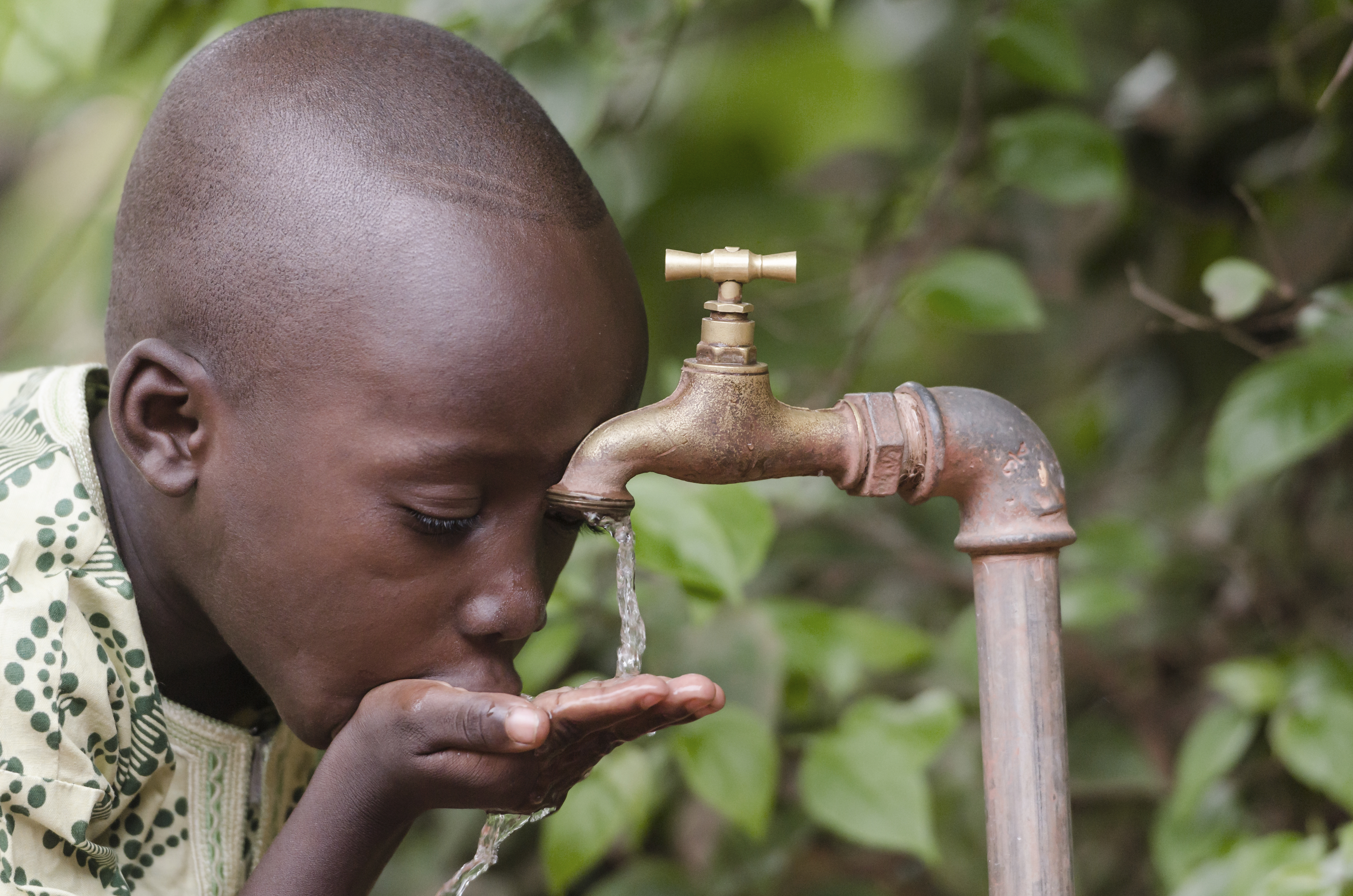
Food For The Poor Executive Director Angel Aloma provided the following response to the post earlier today discussing several news articles. I am pleased to print the comments, with permission of FFP. For ease of reading, the comments will not be put in quotations.
FFP has another statement at their website which you can read here.
The FFP statement, which is in response to comments in the Boston Globe article:
Food For The Poor is troubled by recent news coverage suggesting that our non-profit organization is not transparent about how we operate. Nothing could be further from the truth.
The claim that we deliberately mislead donors is contradicted by the facts. The regulatory action brought by the California Attorney General does not suggest any wrongdoing on our part in the handling of donations or our daily operations. It is an accounting issue about how we value donated goods and we are challenging it.
The Attorney General’s office claims that we have over-valued our pharmaceuticals because we have used the United States as our principal market and have valued our pharmaceuticals at U.S. wholesale prices, rather than international prices related to the 17 countries we serve. However, almost all international nonprofit organizations that receive significant donated goods use the same industry-specific methodologies to value their donated pharmaceuticals in accordance with Generally Accepted Accounting Principles (GAAP) established by the Financial Accounting Standards Board (FASB). In following those standards, we are required to value all of our donated goods in a fair and consistent manner and to declare that value as revenue in our financial statements.
Our methodology is in compliance with California law and best practices in the United States because we follow the requirements of GAAP. Each year, in accordance with GAAP, our financial statements are audited by a reputable accounting firm. Another reputable accounting firm prepares our IRS 990 form from the audited statements. Each year, our efficiency ratio is calculated from the information in these statements.
We were also disappointed that the Globe’s June 3 story did not afford Food for The Poor an opportunity to directly respond to or provide context for criticisms made by both an unnamed source and representatives of the The Haitian Project. Food For The Poor has previously provided aid to Louverture Cleary School in Santo, Haiti and the thank you letters and photos of children being nourished by the rice and beans we received lies in stark contrast to the comments made in the story. And during the interview with us, even the reporter said other partners and donors praised our organization.
In the story, the man representing The Haitian Project charity suggests that our generous donors are allowed to “dispose of their trash” in Haiti and other developing countries. That is not how Food For The Poor operates. Worthy donated goods are an integral part of the work of Food For The Poor and are an important contribution to alleviating the suffering of the poor.
Similarly, we were disappointed that we were not given the opportunity to respond to an unnamed critic who complained that we spent 7 percent of our cash donations on direct purchases of food in 2016. That is an unfair and incomplete picture of Food For The Poor’s impact. In 2016 alone, Food For The Poor shipped 493 tractor-trailer loads of donated food. We have large partners such as Taiwan, Feed My Starving Children and Hormel Foods that donate millions of dollars in food to us and we pay for the shipping and distribution through our network, which allows us to extend the impact of our cash donations. Furthermore, we never send a container to a country if it’s not approved by our in-country partners and we frequently ask our partners for a list of needs and do our best to fulfill it.
Food For The Poor has a proud heritage of feeding hundreds of thousands of people each day and, since our inception, we have built 124,800 housing units and provided more than $14.3 billion in aid to the poorest of the poor—including much needed pharmaceuticals and medical supplies. In addition to feeding millions of the hungry poor primarily in 17 countries of the Caribbean and Latin America, we provide emergency relief assistance, clean water, medicines, educational materials, homes, support for orphans and the aged, skills training and micro-enterprise development assistance.
Even now, as we write this letter, we are responding to the urgent need for relief items in response to the volcanic eruption that has killed at least 75 people in Guatemala.
We routinely invite our donors to travel with us to see the work they do to alleviate the suffering of the poor. And I would like to issue that invitation here.
Food For The Poor Executive Director Angel Aloma